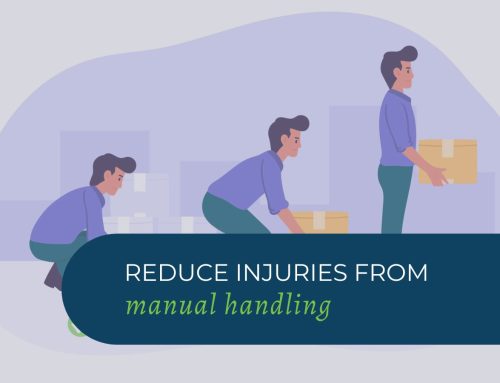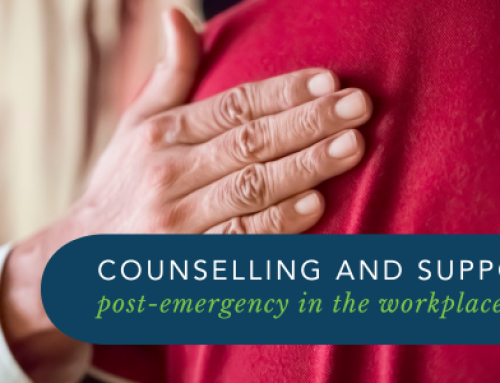As we know, all facilities are required to be prepared for emergencies that may occur at their facility. An Emergency Control Organisation (ECO) is a team of people that have specialised training to respond to emergencies in facilities by implementing the organisation’s response procedures and to organise and supervise the safe movement of occupants and its visitors during an emergency incident.
The ECO structure has four key roles – Chief Warden, Communication Officer, Floor/Area Warden and Warden – each role is dependent on the size of an organisation but the most crucial role is the Chief Warden – someone needs to be in charge!
When you are faced with an emergency you need to have people that have the confidence to manage the situation successfully. Decisions need to be made quickly and decisively without too many other opinions and your Chief Warden needs people to listen and immediately respond to their instructions or directions. People will look to their leaders for direction during a stressful situation and will be reassured that their safety is a high priority by the actions of their leader.
Usually, someone that shows good leadership in a crisis usually displays the same skills needed during their normal day to day activities – confident, good communicator, decisive, experienced and knows how to manage stress.
Great leaders also need to be flexible – each emergency may not follow the “plan” so they need to adapt and be open to a changing environment and communicate effectively to enable people to follow. Communicating clearly & confidently information for people to understand what’s happening and what people need to do during an emergency incident will help to manage anxiety levels and enable people to follow directions and instructions more easily.
Regular training within an Emergency Control Organisation is also very important and essential for ensuring a safer workplace. Training allows the ECO team to practice the emergency response procedures, understand the risks and plan the process, which builds their confidence, and confidence is very important when managing any emergency.
For training we look to Australian Standard 3745 Planning for Emergencies for Facilities which outlines the training requirements for members of the Emergency Control Organisation. All members must be trained and have the skills and knowledge to be able to fulfill their role and responsibilities set out in the emergency plan and emergency response procedures.
Having a formal (written) plan will also help the team members be more prepared to handle most situations when they need to act quickly. Having an Emergency Plan is a requirement for all workplaces to comply with Australian Standard 3745-2010 Planning for Emergencies in Facilities, and you can be fined if there are not any in place at your facility.
Once you have the team in place its good practice to review the ECO structure and team members on a regular basis to ensure that the right people are in the right roles. Set some questions to regularly review the structure – Does your leadership team take charge? Are they decisive? Do they communicate confidently to people that may by anxious and/or confused?
The role of the Emergency Planning Committee normally would include a review of the ECO team members on an annual basis.
Workplace Emergency Management is based in Sydney, however, we service all of Australia so contact us today to improve your emergency management procedures and resources, and prepare your people to confidently handle any emergency situation
GET IN TOUCH
Are you ready for peace of mind that your workforce is as safe and prepared as possible?
With a dedicated team of staff ready to help you meet compliance requirements and improve the overall safety of your workplace, all you need to do is get in touch.
Request your free audit today!



